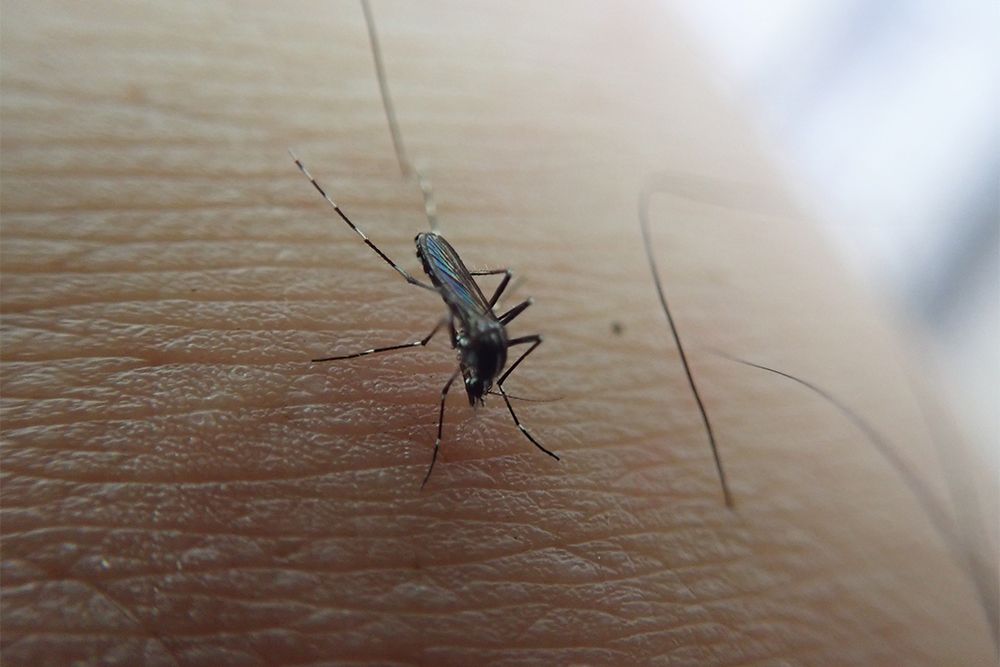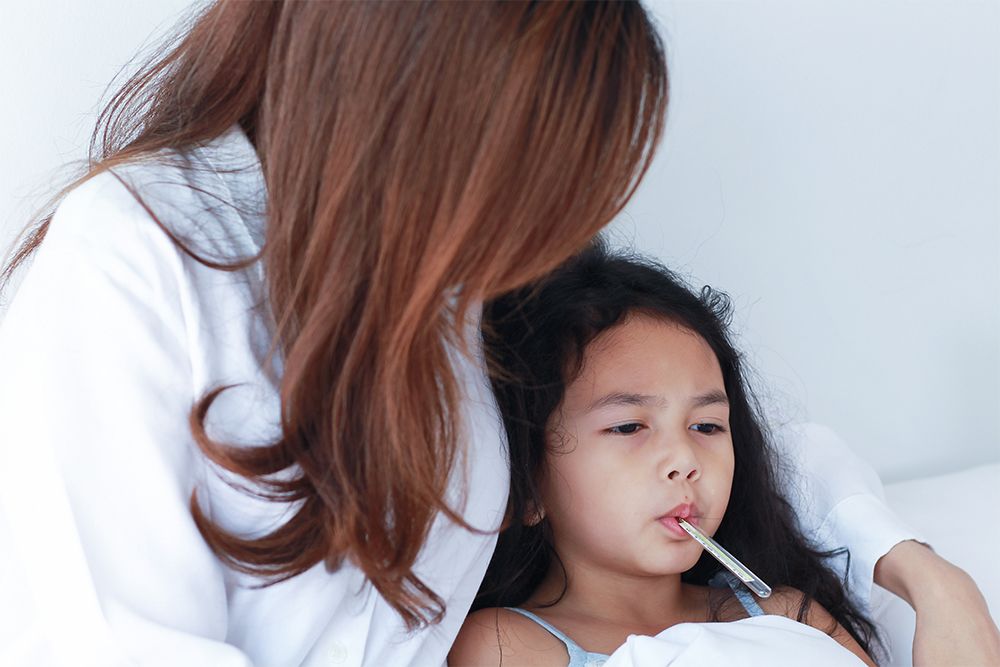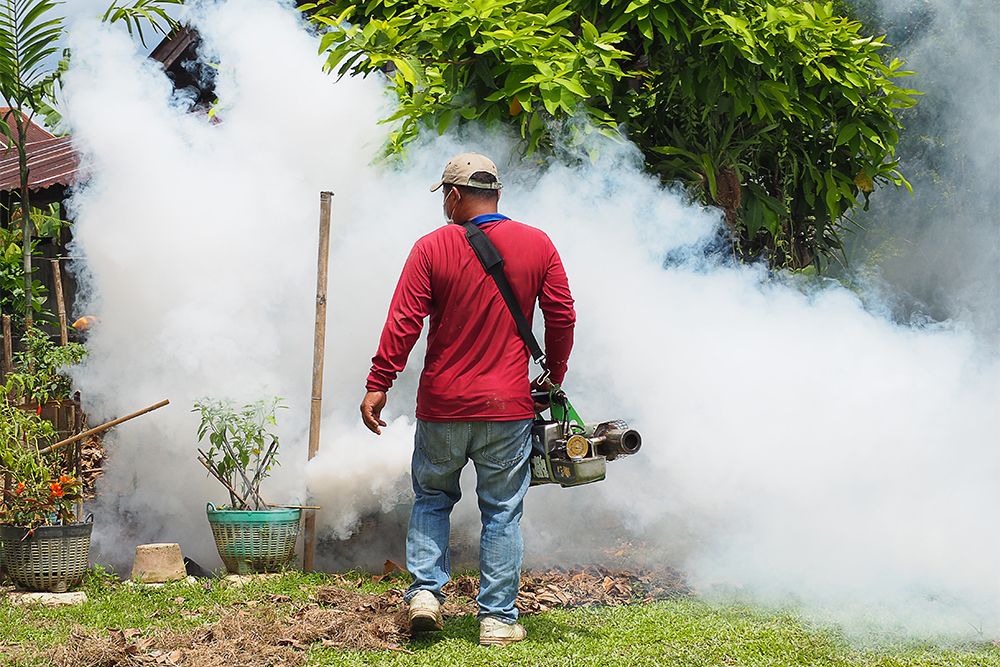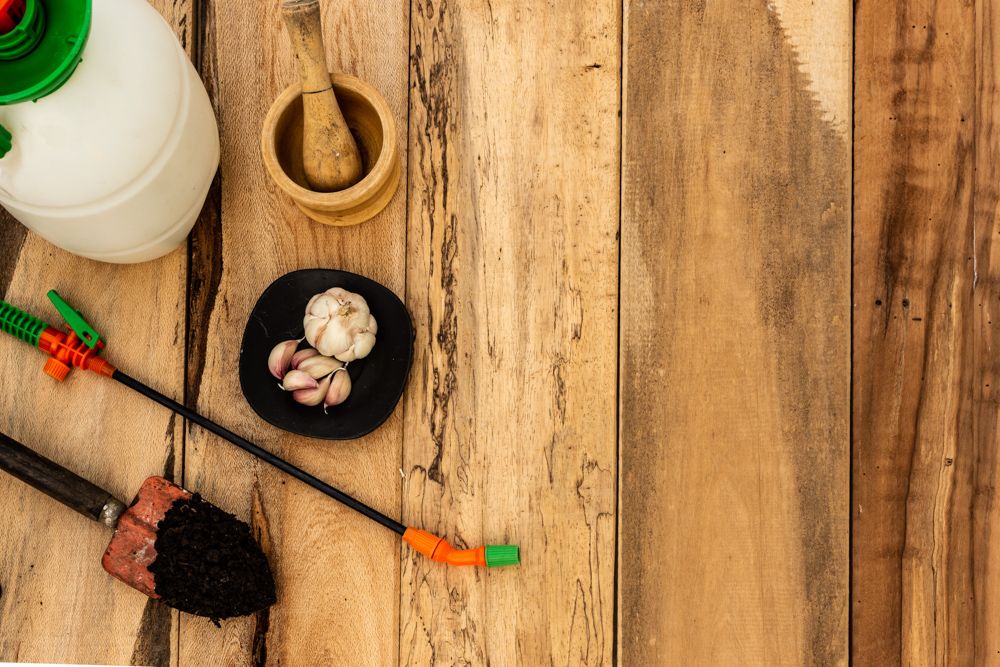In This Article
As soon as the final COVID-19 limits are removed, Singaporeans are dealing with a dengue fever emergency. Nearly 15,000 dengue fever cases have been registered so far in 2022, which is nearly three times the 5,258 cases reported in 2021. Since June marked the beginning of the peak season, experts predict that cases will continue to rise as a result of the extremely warm and humid weather. Therefore, it is necessary to keep a check on the symptoms of dengue and follow measures for dengue prevention and control.
Due to the severe bone and muscle agony it can produce, dengue is sometimes known as “breakbone fever.” Mortality rates can reach 20% when left untreated, but if it’s caught early enough, they drop to less than 1%.
Due to the annual spike in dengue cases in Singapore, it is critical to remain vigilant and knowledgeable about ways to get rid of dengue mosquitoes in our surroundings, especially the Aedes aegypti — the primary vector for dengue diseases.
What is Dengue? How is it Transmitted?

Dengue is a viral infection that’s caused by bites from an infected mosquito. It’s a communicable disease but it doesn’t spread directly from one person to another. Instead, it is passes from person to person by the Aedes mosquito bite (female Aedes aegypti mosquito) that contracts the disease after drawing blood from a dengue patient. The virus, however, takes four to 10 days to incubate in our bodies after an infected dengue mosquito bites us.
Unfortunately, dengue mosquitoes can continue to bite people throughout their lifetime (less than two months). Hence, Aedes mosquitoes are very highly dangerous epidemic vector pests.
What are the Common Symptoms of Dengue?

A bite from an Aedes mosquito can produce a variety of symptoms of dengue, ranging from acute to severe flu-like symptoms that often last a week, to subclinical sickness in which the infected person exhibits no symptoms (asymptomatic).
Some common symptoms of dengue include:
- Sudden high fever
- Severe abdominal discomfort
- Severe muscle pain and joint pain
- Intolerable headaches
- Fatigue, nausea and vomiting
- Skin rashes
- Bleeding gums or a nose
- Blood in the stools, urine, or vomit
- Blood-vessel damage
What Steps can you Take for Dengue Prevention and Control?

As of now, there is no vaccination for the prevention of dengue. Because of this, avoiding dengue mosquito bites and lowering the mosquito population are the two effective strategies to protect you and your family. There are three steps to perform these dengue prevention and control strategies:
- Proactively taking steps to protect ourselves from dengue mosquito bites
- Utilising DIY methods to eliminate mosquito breeding grounds in and around your home
- Asking for the assistance of neighbourhood pest management businesses to control mosquito populations
1. Practise the 5-Step Mozzie Wipeout for Prevention of Dengue
This is one of the most effective methods for prevention of dengue. Clean, still water is the preferred breeding ground for Aedes mosquitoes. These dengue mosquitoes can breed in clean, stagnant water as little in volume as the size of a 20-cent coin. In order to stop mosquito breeding, practice Mozzie Wipeout at least once every week, as advised by the NEA (National Environment Agency). B-L-O-C-K can help prevent dengue:
- Break-up the hardened soil or soil clusters in potted plants.
- Lift and empty the plates of the flowerpots.
- Overturn the crates and clean the rims.
- Clean up the water of the vases.
- Keep the roof gutters clear to reduce mosquito populations and use BTI pesticide
2. Prevent Aedes Mosquito Breeding for Dengue Mosquito Control

Follow these ways to prevent dengue outbreak in your home:
- Get rid of anything that accumulates water, such as discarded cans, flowerpots, and empty containers, to prevent mosquitoes from breeding there.
- Fix any drainage blockages and water leaks. These turn into pools of standing water that serve as a mosquito breeding environment.
- Use coils, repellents and essential oils while sleeping.
- Install window and door screens
- Replace the water in birdbaths and pet dishes on a regular basis.
- Use mosquito traps to capture flying dengue mosquitoes inside the house.
3. Prevention of Dengue using ‘S-A-W’

S-A-W stands for Spray, Apply and Wear. All Singaporeans must use these three ways to prevent dengue, especially those who reside in dengue-cluster areas.
- Spray insecticides in the deep and dark corners of the house
- Apply insect-repellents on a regular basis
- Wear long pants and long-sleeved tops to prevent mosquito bites
What are Natural or Home Remedies for Dengue Mosquito Control?

You have certainly come across a variety of DIY home remedies for dengue using herbs, spices, essential oils, and things like repellent patches thanks to the freely available information on the Internet. The most popularly used essential oils used to control dengue are lemongrass, rosemary, thyme, cinnamon and lavender. In addition to this, lemongrass-derived citronella oil is employed in natural insect repellents. According to research, it may be able to cut mosquito landings by as much as 40%.
Apart from this, garlic has a high content of sulphur which helps in keeping the mosquitoes away, and that is readily available too. These characteristics make garlic one of the most effective home remedies for dengue control.
What Is the Treatment for Dengue?
There is no specific treatment for dengue, just like many common viral infections. Dengue fever, as well as its more severe manifestations, dengue shock syndrome and dengue hemorrhagic fever, do not have a specific treatment. Dengue treatment is supportive. In more serious situations, hospitalisation is necessary for emergency care, such as fluid and electrolyte replacement, blood transfusions, and other treatments. However, please get medical help right away if you think you might have dengue.
How Can Livspace Help You?
We hope you found our ideas on how to get rid of mosquitoes at home naturally useful!
If you want beautiful interiors for your home, then look no further. Book an online consultation with Livspace today. Have some comments and suggestions you’d like to share with us? We’re all ears! Feel free to write to us at editor.sg@livspace.com.























